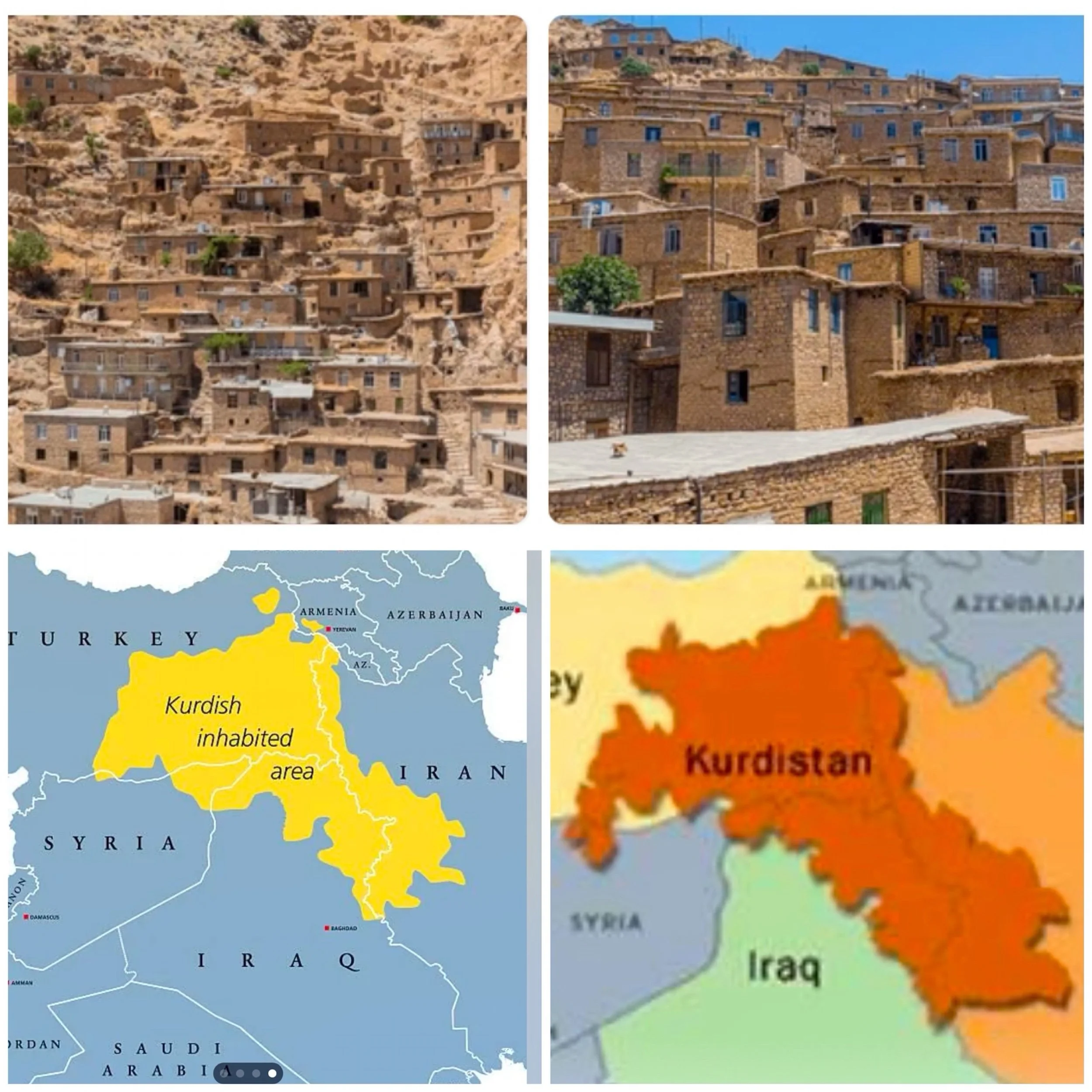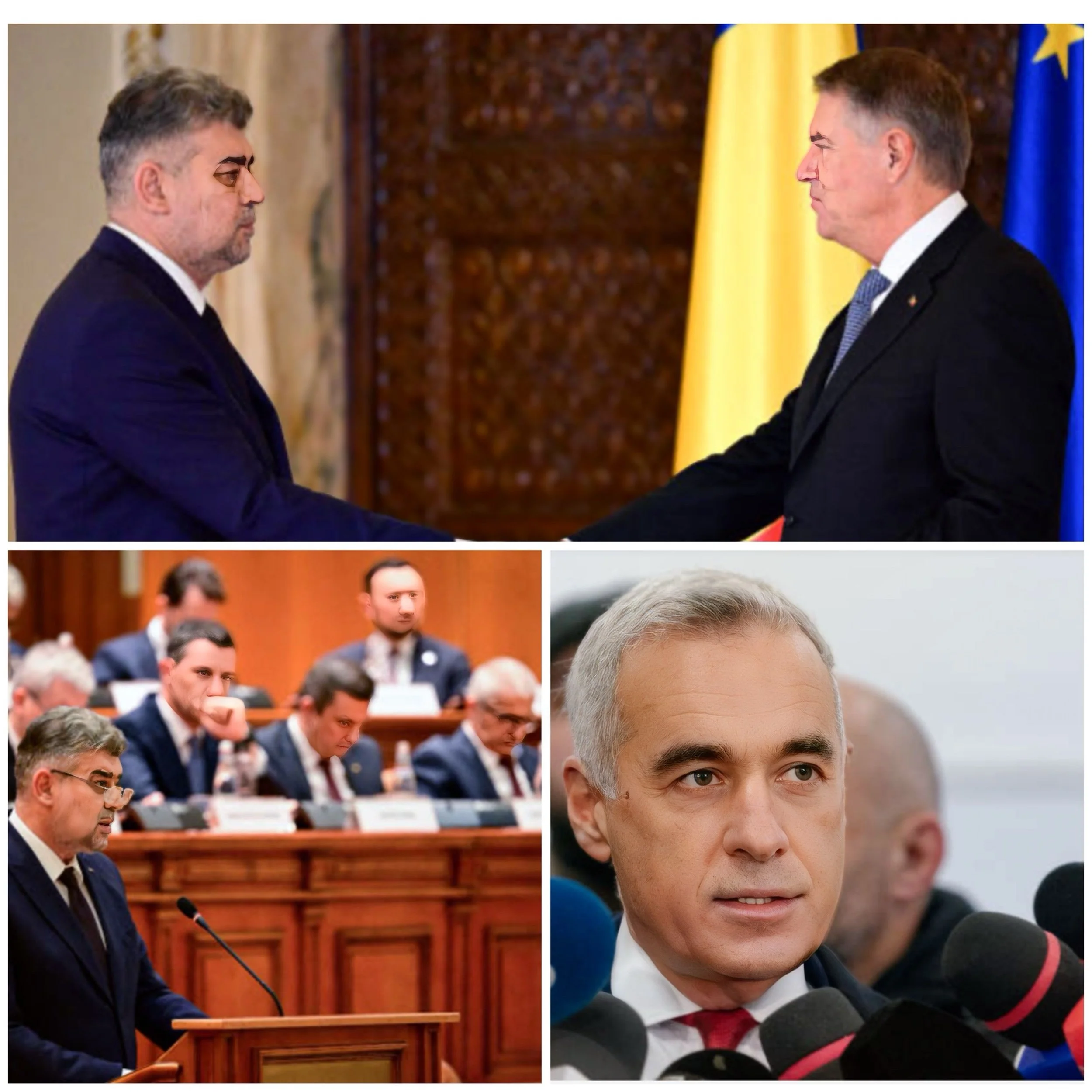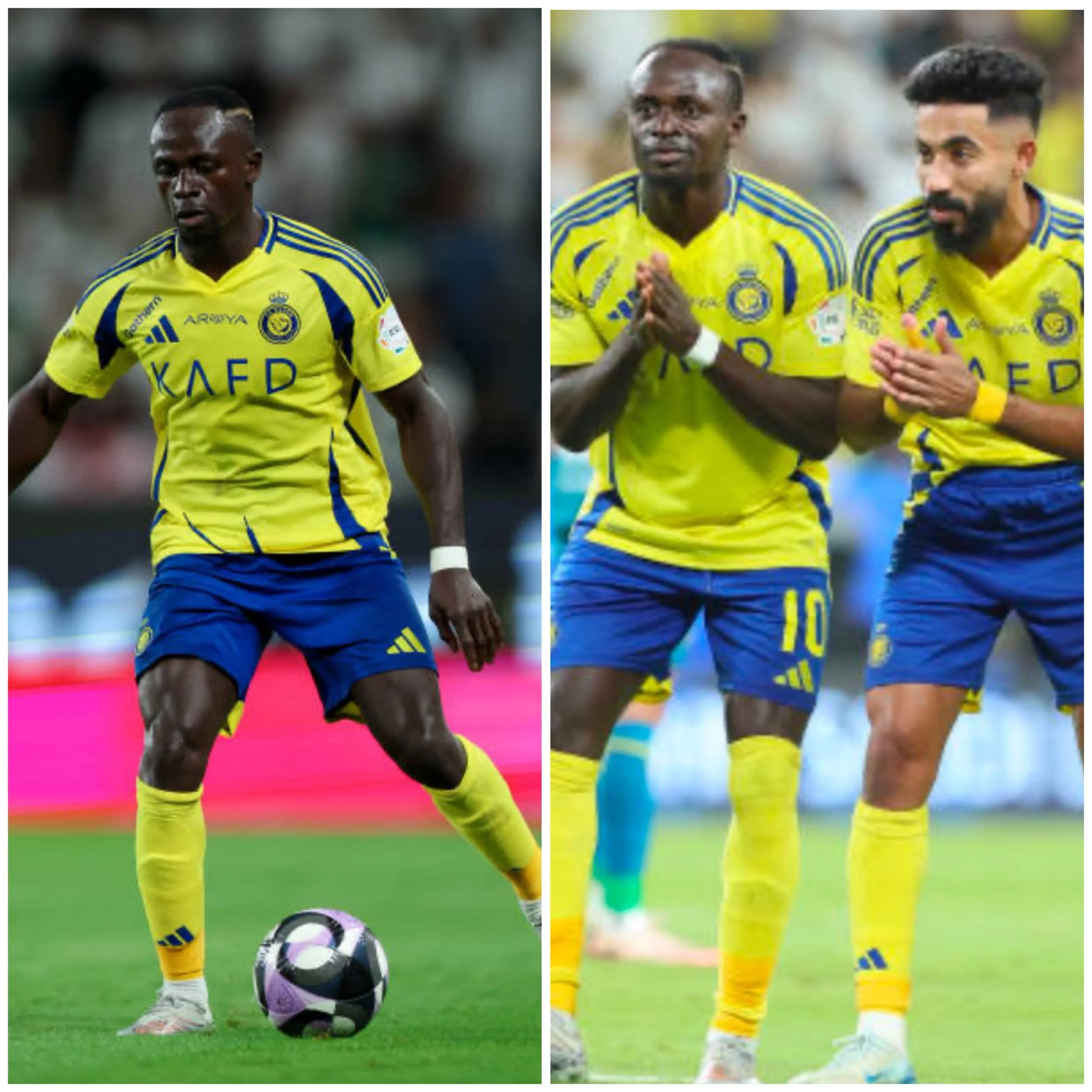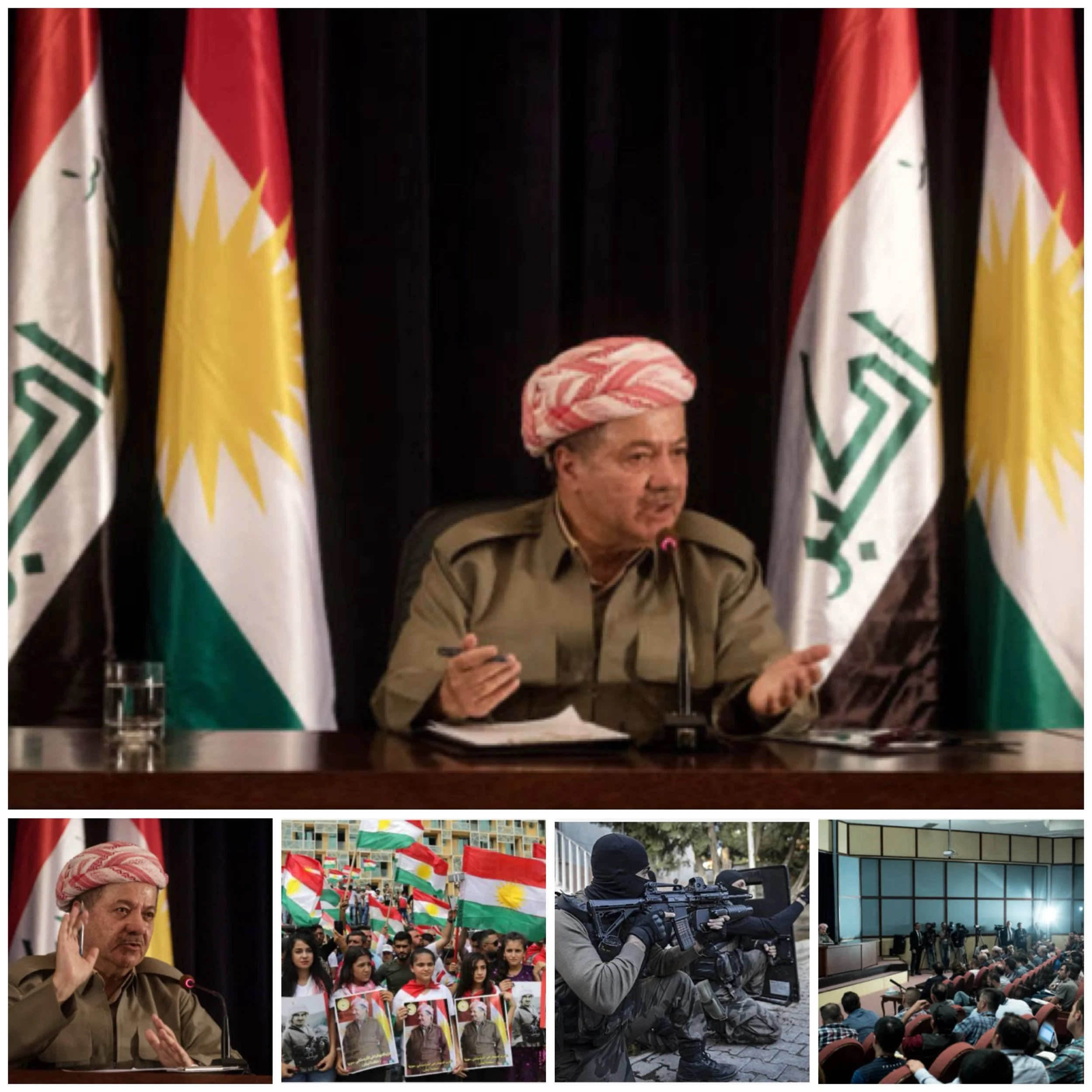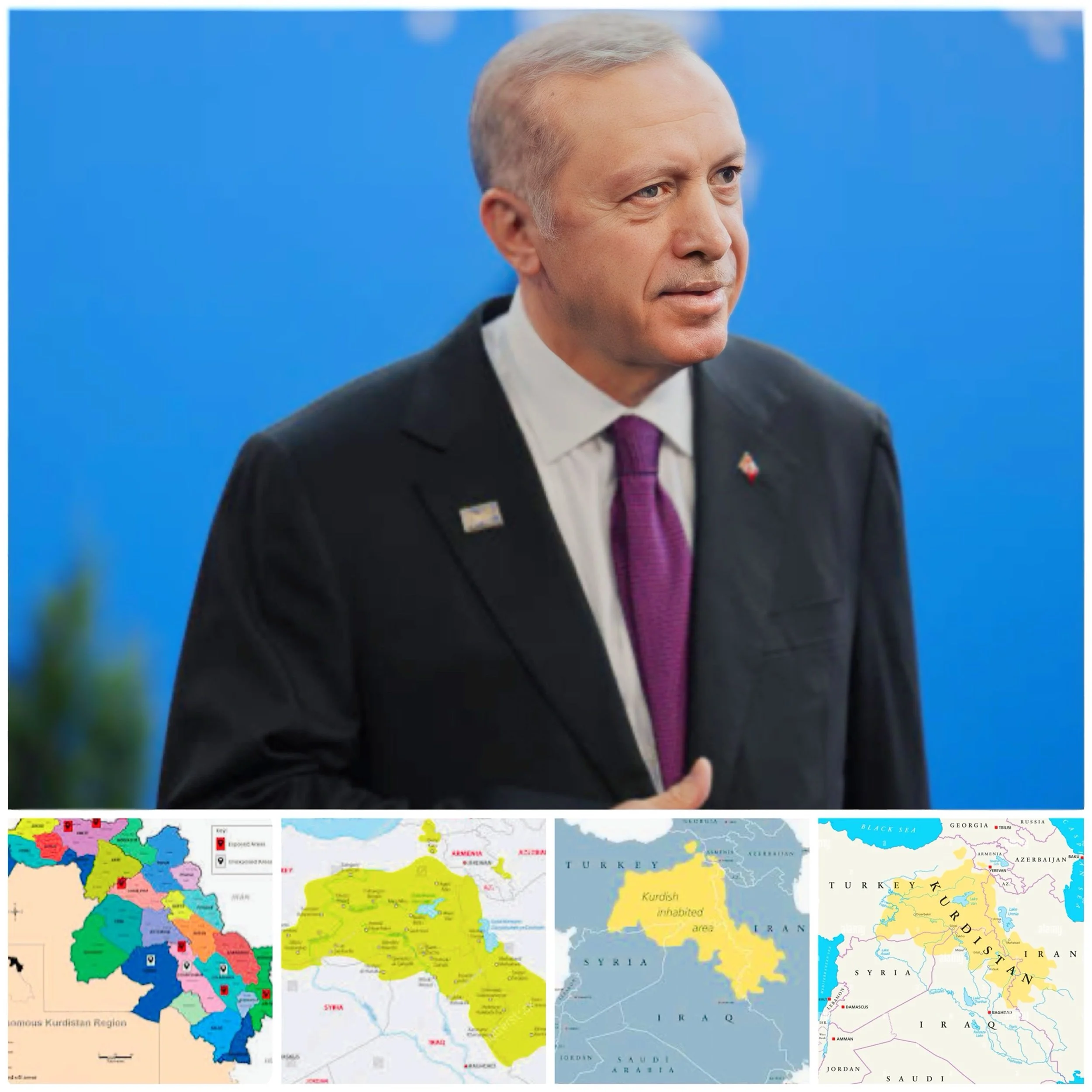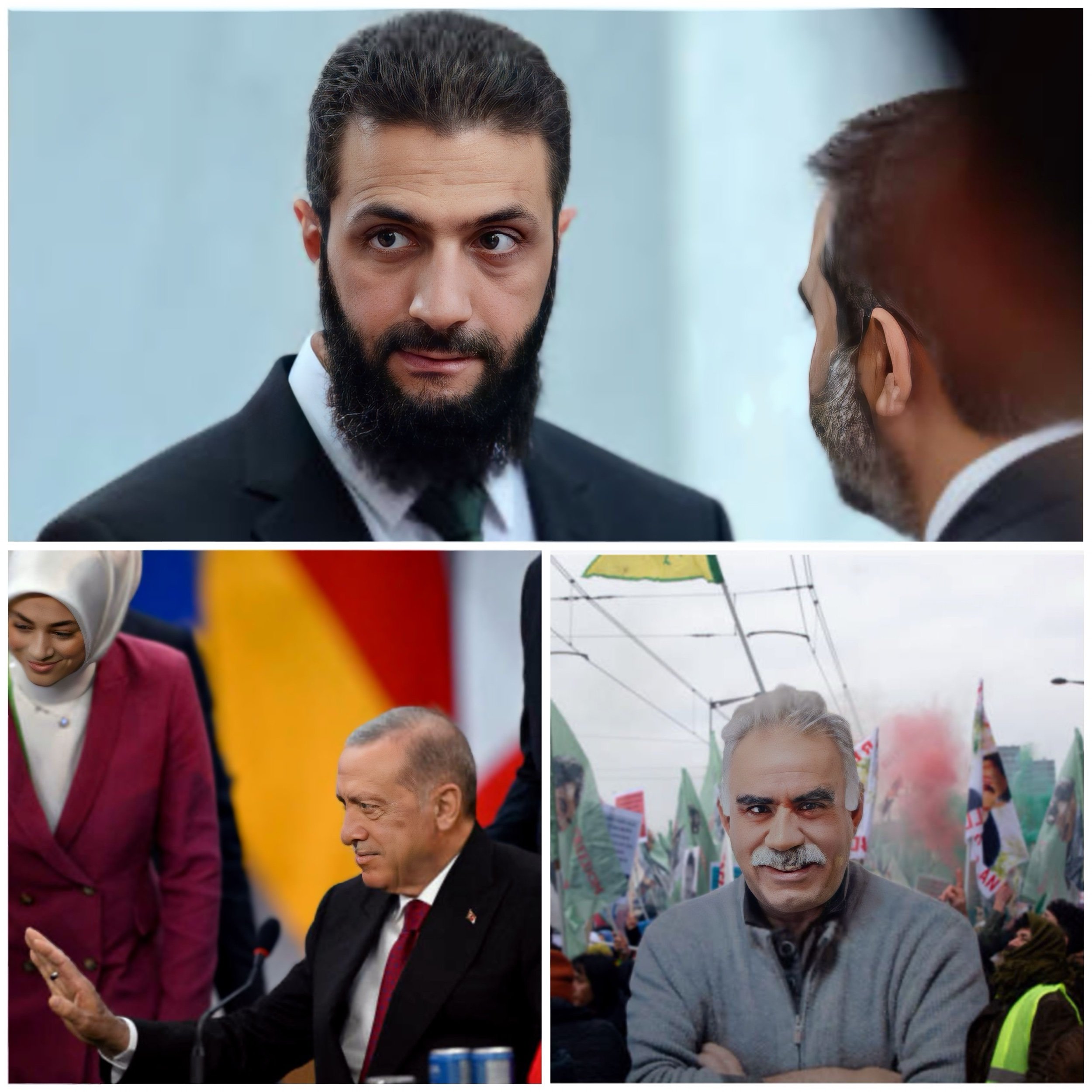Who is PKK/YPG and Pesmarga Origin and fight for independence
Introduction
The Kurdistan Workers’ Party (PKK) is a Kurdish militant political organization and armed guerrilla movement that has been involved in an ongoing conflict with Turkey since 1984. Founded by Abdullah Öcalan in 1978, the PKK was initially established as a Marxist-Leninist separatist organization with the goal of creating an independent Kurdish state in southeastern Turkey.
YPG, PKK and Pesmarga
The YPG, PKK, and Peshmerga are distinct Kurdish armed groups with different origins, objectives, and areas of operation, although they share some ideological similarities and have cooperated at times.
YPG (People’s Protection Units)
Primary area of operation: Syria
Founded in 2004 as a response to Kurdish uprisings in Syria, but became more prominent after 2011
Serves as the armed wing of the Democratic Union Party (PYD), a Syrian Kurdish political party
Has a female counterpart called the Women’s Protection Units (YPJ)
Main component of the US-backed Syrian Democratic Forces (SDF)
Tactics include guerrilla warfare, relying on speed, stealth, and surprise
PKK (Kurdistan Workers’ Party)
Initially established as a Marxist-Leninist organization, the PKK’s primary goal was to create an independent Kurdish state. However, its objectives have evolved over time:
Early Years
Sought independence for Kurds in Turkey, Syria, Iraq, and Iran.
1990s Shift
Changed focus to autonomy for Kurds within Turkey and promotion of Kurdish rights.
Current Stance
Advocates for “democratic confederalism,” a decentralized system of local self-governance.
Structure and Leadership
The PKK maintains a hierarchical organization with both political and military arms:
Leadership
Abdullah Öcalan remains the figurehead, despite being imprisoned since 1999.
Current Operations
Day-to-day affairs are managed by other leaders, including Murat Karayilan.
Military Wing
The People’s Defense Force (HPG) conducts armed operations.
Peshmerga
Primary area of operation: Iraqi Kurdistan
Official armed forces of the Kurdistan Region in Iraq
Currently numbering around 190,000 fighters.
Responsible for the security of the Kurdistan region in Iraq
Dates back to the 1930s
Divided between the Kurdistan Democratic Party (KDP) and Patriotic Union of Kurdistan (PUK)
Key Differences
Objectives
YPG focuses on protecting Syrian Kurds, PKK seeks autonomy in Turkey, and Peshmerga defends Iraqi Kurdistan.
Legal status
Peshmerga are recognized as legitimate regional security forces by the Iraqi constitution, while PKK is widely designated as a terrorist organization.
Structure
Peshmerga are more formally organized under the Kurdistan Regional Government, while YPG and PKK have more guerrilla-style structures.
International relations
YPG and Peshmerga have cooperated with Western forces against ISIS, while PKK faces international sanctions
Origins and Ideology
The PKK emerged in the late 1970s amid growing discontent over the suppression of Kurdish identity and rights in Turkey. Its initial ideology was a fusion of revolutionary socialism, Marxism-Leninism, and Kurdish nationalism. The group’s formation was partly a response to the Turkish government’s policies, which included banning the Kurdish language and denying the existence of a distinct Kurdish identity.
Evolution of Goals
Over time, the PKK’s objectives have evolved:
Initial Goal: Independent Kurdish state encompassing parts of Turkey, Syria, Iraq, and Iran.
Current Objective: Autonomy for Kurds within Turkey and promotion of Kurdish rights.
Tactics and Conflict
The PKK has engaged in an armed insurgency against the Turkish state, which has resulted in a protracted conflict:
The group has used guerrilla warfare tactics, operating in mountainous rural areas and dense urban centers.
It has carried out attacks on Turkish security forces, government officials, and civilians.
The conflict has led to significant casualties, with estimates suggesting over 40,000 lives lost since 1984.
International Status
The PKK is designated as a terrorist organization by numerous countries and entities, including:
• Turkey
• United States
• European Union
• Canada
• Australia
Turkey wants ethnic cleansing of Kurds. What do these other Western bloc countries know about middle-east politics and what it takes to find for independence? Developed world in a facade and they just declare whose ever America says ‘declare a terrorist organization’
How come US is always right. Does it support to Israel to kill 47,000 Palestine not render Israel a terrorist origanization.
Broader Kurdish Struggle
While the PKK represents one aspect of Kurdish militant activism, it’s important to note that the Kurdish struggle for rights and autonomy is broader and more complex:
Kurds are often described as one of the largest ethnic groups without a state of their own.
There are Kurdish independence movements in Turkey, Syria, Iraq, and Iran, with varying goals and methods.
Not all Kurds support the PKK or its methods, and there are diverse political views within Kurdish communities.
Recent Developments
The Kurdish question remains a significant issue in the Middle East:
Kurdish forces, including PKK-affiliated groups, played a crucial role in fighting against the Islamic State (IS) in Syria and Iraq.
In 2017, the Kurdistan Regional Government in Iraq held a referendum on independence, which was opposed by the Iraqi central government and led to tensions.
The situation of Kurds in Syria has been particularly volatile, with Kurdish-held areas facing threats from various actors in the ongoing Syrian conflict.
Conclusion
PKK is fighting for Kurdish rights and autonomy within Turkey, the broader Kurdish struggle for self-determination and recognition extends beyond the PKK’s activities and encompasses various movements across multiple countries in the region.

